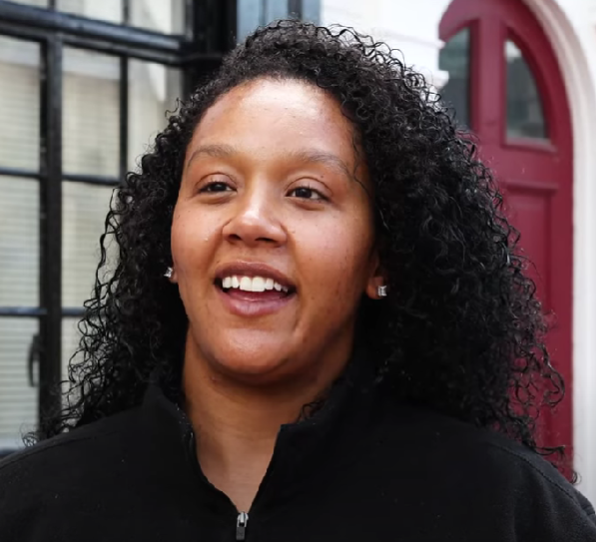Amber Welch was a public employee in New York; she knows the importance of serving the community with honesty and transparency. She worked as a Community Service Officer for a decade, which involves providing support to police officers, meeting directly with the public to help them, and ultimately, making a difference every day.
Regarding her work as a public servant, she said, “I enjoyed my job because it was different every day. I got to meet people who I never would have had the opportunity to know otherwise, and they were all so different. That meant that no two days were ever the same.”
Amber added, “I think public employees who work at the local level feel especially close to our communities because we’re out there every day, working face-to-face with the people who we might see later at the grocery store or at a little league game. This makes what we do personal – we care deeply about the people we serve.”
Yet her experience with her union, where honesty and transparency were afterthoughts, left Amber no choice but to try to leave The Civil Service Employees Association (CSEA) Inc. Local 1000.
“When I was hired as a community service officer, I was not informed of my rights to join or not join a union,” Amber said, “The union wasn’t transparent with negotiations, they would hide things from the members, and when the members would ask them questions, they weren’t forthcoming.”
When she attempted to leave the union, CSEA allegedly refused her resignation after Amber sent multiple letters of resignation. Amber was forced to pay dues through paycheck deductions until her municipal employer and CSEA recognized Amber’s resignation.
Still, CSEA threatened that the union would not represent her in employment-related proceedings because she was no longer a union member. Because of New York law, Amber could not choose another representative in collective bargaining, instead she was still legally required to be represented at the bargaining table by the union that wrote her off.
Amber eventually sued CSEA for violating her First and 14th Amendment rights; litigation is ongoing.
